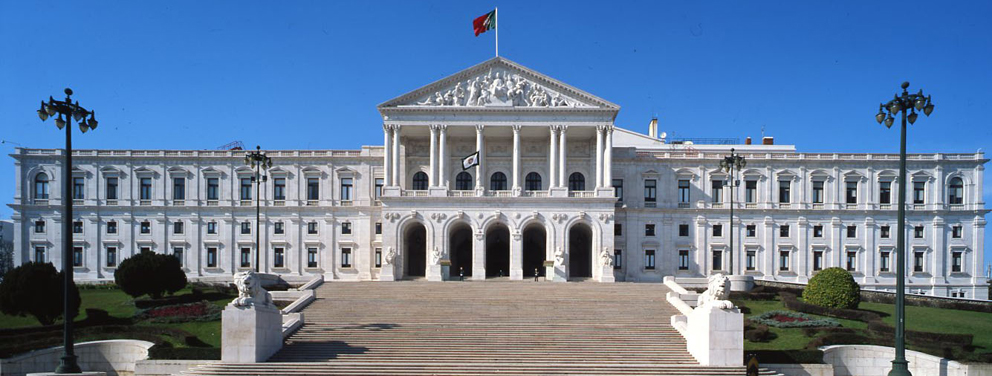Bruno
GA Member
- Jul 1, 2018
- 2,848

Assembly of the Republic

The Assembly of the Republic is the legislature of the government of the Portuguese Republic. It is bicameral, composed of a lower body, the House of Representatives, and an upper body, the Senate. It meets in the Palace of Saint Benedict in Lisbon. Senators and representatives are chosen through direct election. The Assembly has 242 voting members: 22 senators and 230 representatives. The Portuguese vice president has a vote in the Senate only when senators are evenly divided.
The Portuguese Republic House of Representatives is the lower chamber of the Assembly of the Republic. The fixed-term for House members is for the two-year term of a Congress, subject to reelection every two-years or intra-term vacancy. The House is charged with the passage of federal legislation, known as law proposals; those that are also passed by the Senate are sent to the president for consideration.
The Portuguese Republic Senate is the upper chamber of the Assembly of the Republic. The Senate plays a role in the passage of federal legislation; it also confirms presidential appointments and provides a vital check and balance on the powers of the executive and judicial branches of government. Each of the 22 districts is represented by two senators who serve staggered terms of six years, for a total of 22 senators.
House of Representatives: Progressista Majority - 200 seats
Senate: Progressista Simple Majority - 13 seats
Last edited:


